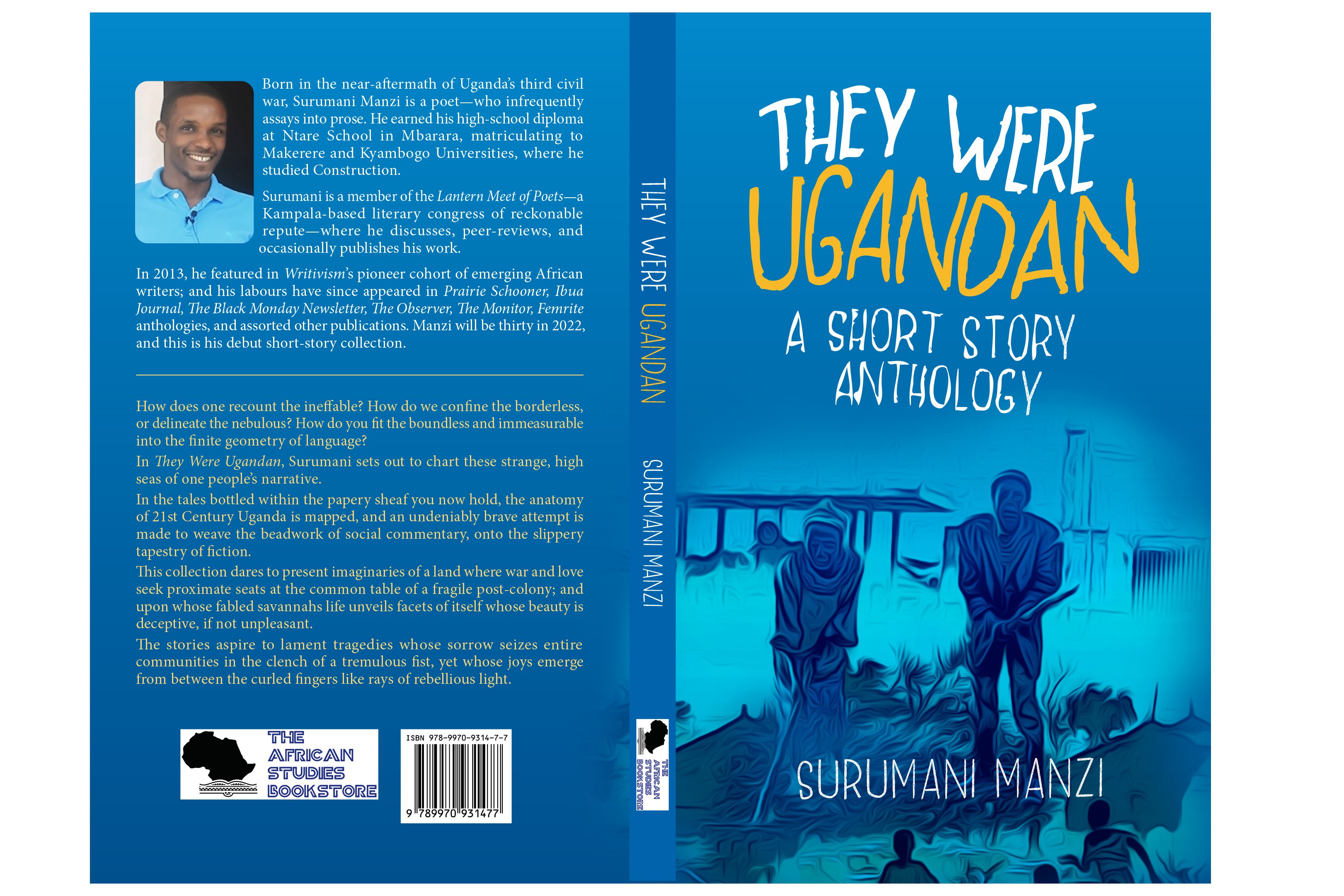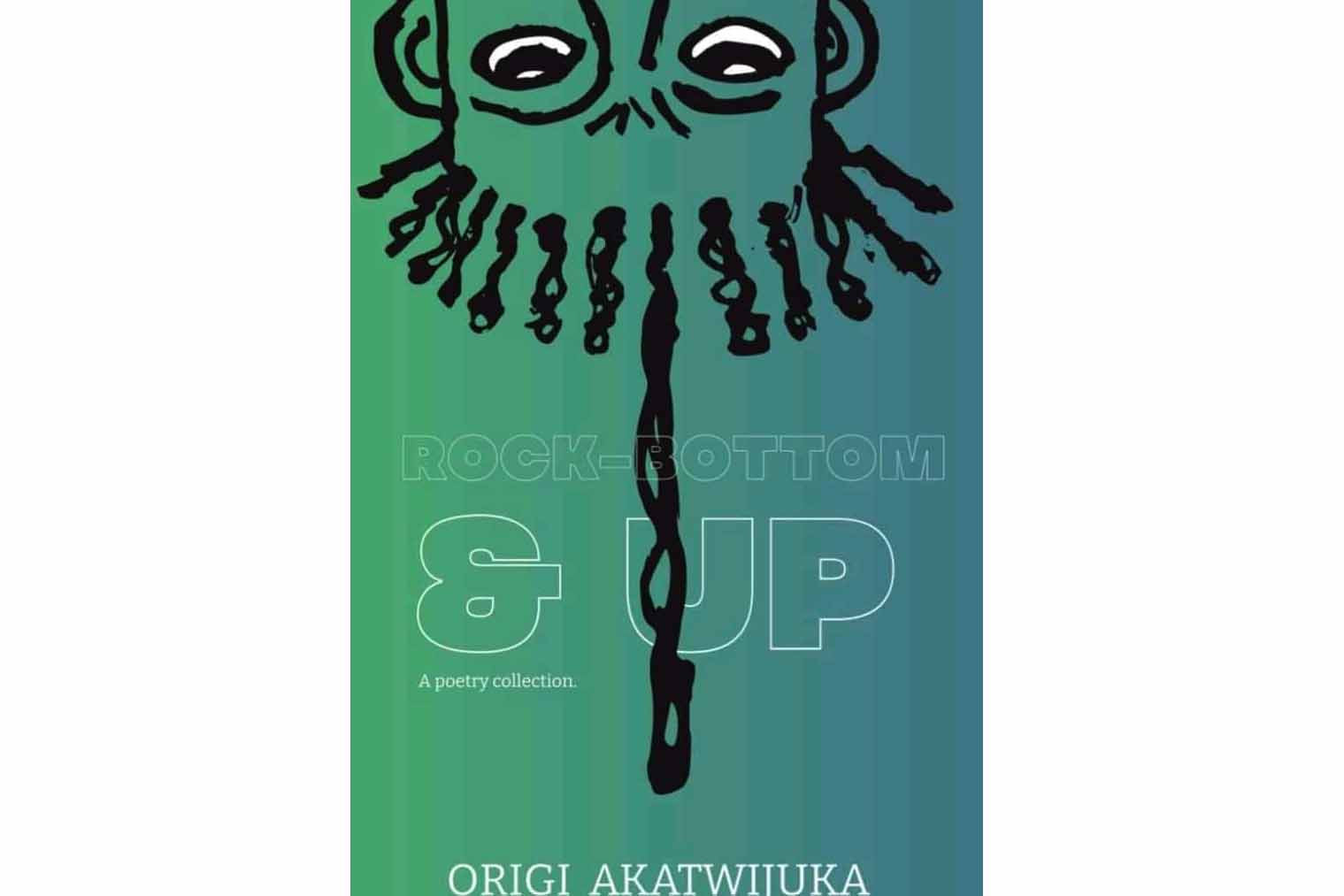Prime
Book Review: Imaginary collections of Ugandanness score big

The book was published in 2021. Photo/Courtesy
What you need to know:
- Sure, it is not a novel in the strictest sense of the word. However, it does fit the dictionary description of a novel, which is: “a fictitious prose narrative of book length, typically representing character and action with some degree of realism.”
The Great American Novel (sometimes abbreviated as GAN) is that literary Holy Grail of American literature, a novel which embodies and examines the essential American personality.
That personality expresses every element of the spirit which outlines, in simple yet soaring prose, the character of the United States of America.
The term “The Great American Novel” was coined by John William De Forest in an 1868 essay. In the American literary canon, there are several books which could be described as The GAN. These are Moby-Dick (1851), Adventures of Huckleberry Finn (1884), The Great Gatsby (1925), and Gone With The Wind (1936), to name but four. However, it is generally accepted that the GAN has not yet been written.
Uganda’s GAN equivalent would be The Great Ugandan Novel, The GUN. Nobody has written it yet either.
However, we have several contenders for The GUN such as Kintu by Jennifer Nansubuga Makumbi, Tropical Fish: Tales From Entebbe by Doreen Baingana, Abyssinian Chronicles by Moses Isegawa and now They Were Ugandan—A Short Story Anthology by Surumani Manzi.
Sure, it is not a novel in the strictest sense of the word. However, it does fit the dictionary description of a novel, which is: “a fictitious prose narrative of book length, typically representing character and action with some degree of realism.”
In this masterpiece, Manzi uses evocative language, gritty realism and a buoyancy of spirit to daringly peer into the heart of what it means to be Ugandan.
Thereafter, he elucidates and enumerates this meaning with profound dispassion in some areas and deeply stirring compassion in others.
It starts, in chapter one, with a sweeping vignette of Ugandans just being Ugandans, in the round.
“A lean hawker waved a bundle of plastic cans and sang out an advertisement for the contents—a self-made pesticide guaranteed to terrorise every known species of roach, bug and rodent. Not surprisingly, the product’s trade name was Bazooka,” he writes.
The tone having been set, the rest of the book proceeds in the same manner as Ugandans are shown in all their hilarity as tragic beings trapped in a twilight zone enkindled by the distant promise of a fresh dawn.
In chapter two, Nze Nonyansiimbi, we are introduced to the kind of Ugandan who could sell water to a fish. We all know this person—a muyaaye (confidence trickster) who deals in anything that will give them money, as they relieve you of yours.
However, Nonyansiimbi goes too far this time and sells the proverbial bill of goods to people who might ensure that this scam is his last.
chapter three, Shaka’s Assegai (a short stabbing spear used by Zulu warriors of old), is not about Shaka. Nor is the Assegai an actual weapon. It is a metaphor, like the “Sweet Banana.”
Here we have a not-so old man, as Manzi cryptically labels him, whose best years are behind him.
Romantically speaking, this man was once a lady’s man par excellence. Or the Ladies’ Shisha, as the ladies called him, when he was on the prowl in Kampala’s red light districts.
Sadly, he sowed wild oats which ultimately turned him into a cautionary tale as disease ravaged his body and everybody deserted him.
Yellow Suits You, the title to chapter four, is about a quasi-crime of passion which lands the perpetrator in jail wearing yellow prison garb. The criminal is a lady, reminiscent of Lydia Draru, the woman who confessed to having killed former Uganda Army Commander Maj Gen James Kazini.
Chapter five, Mumaso Awo, is a rip-roaring taxi chronicle that ends on a cliffhanger with the reader left in total suspense, desperate to know what happens next when taxi commuter and taxi conductor go eyeball to eyeball in a looming duel that pits brains against brawn.
Chapter six, Commissioning, probes the dark underbelly of high level corruption. We see a commissioner, who is on the take, so to speak, dealing underhandedly with a Chinese businessman who is in the country to rob its resources. When money changes hands, Uganda’s future is mortgaged by the greed of a self-serving bureaucrat as clouds gather overhead to denote the darkness ahead.
Chapter 7, Baby, introduces us to the couple, Akot and Muntu. It chronicles the home wrecking distress they find themselves embroiled in on account of their inability to have a baby.
Please Extend, in the next chapter, is another taxi tale that resonates with anyone who has ever used a taxi. Not because of the taxi’s reckless driving, but due to the fact that some passengers will never do you the favour of simply “extending.”
Chapter nine, Expat Unexpert, touches on the Comprador culture which has us glorifying the limitations of expatriates while ignoring our own competencies.
The subsequent six chapters, there are 15 in all, continue in this vein.
Blessed with a literary style that is engaging and eloquent, Manzi offers a unique survey of the lives of Ugandans, encompassing the culture and our often warped sense of reality. Yet, although a tragicomedy of epic proportions, the Ugandan story, as Manzi tells it, is a pleasure to behold.
Book title
They Were Ugandan—A Short Story Anthology.
Author
Surumani Manzi
Price
Shs35,000
Where
Aristoc Bookshop.




